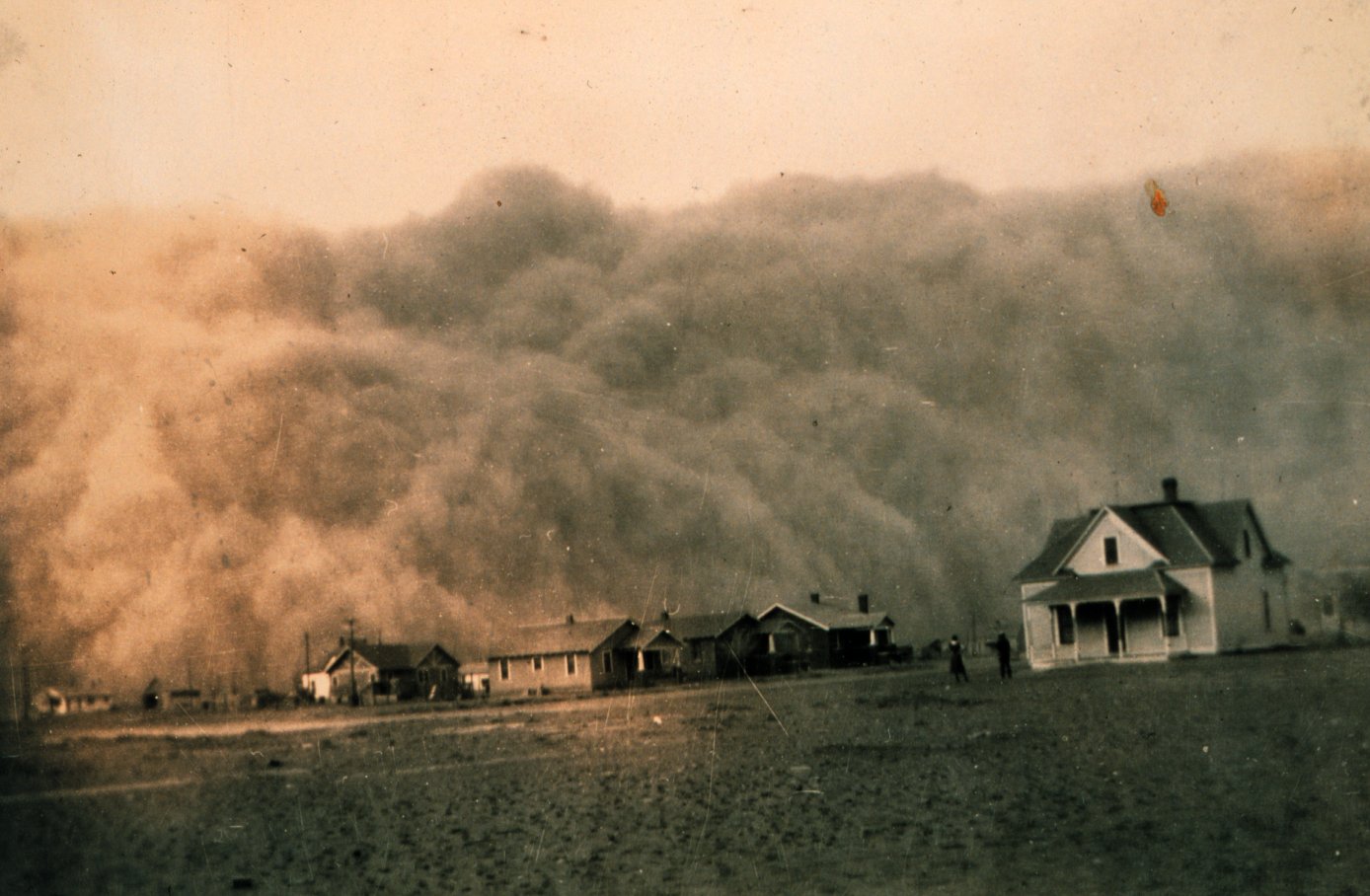Oil wells and natural gas may have made individual Americans rich, but they have impoverished the great plains of North America, according to new research.
Fossil fuel prospectors have sunk 50,000 new wells a year since 2000 in three Canadian provinces and 11 U.S. states, and have damaged the foundation of all economic growth: net primary production—otherwise known as biomass, or vegetation.
Brady Allred, assistant professor of rangeland ecology at the University of Montana’s College of Forestry and Conservation, and colleagues write in the journal Science that they combined years of high-resolution satellite data with information from industry and public records to track the impact of oil drilling on natural and crop growth.
They conclude that the vegetation lost or removed by the expansion of the oil and gas business between 2000 and 2012 added up to 10 million tonnes of dry vegetation, or 4.5 million tonnes of carbon that otherwise would have been removed from the atmosphere.
Loss of fodder
Put another way, this loss amounted to the equivalent of fodder for five million cattle for one month from the rangelands, and 120 million bushels of wheat from the croplands. This wheat equivalent, they point out, adds up to the equivalent of 13 percent of the wheat exported by the U.S. in 2013.

